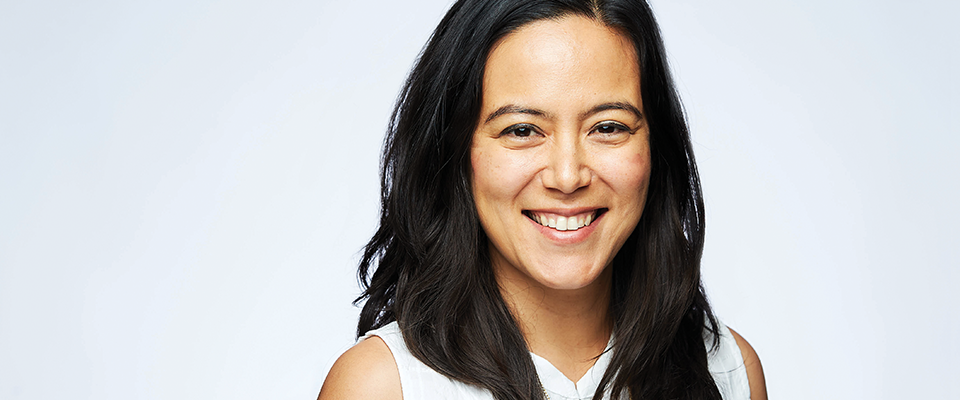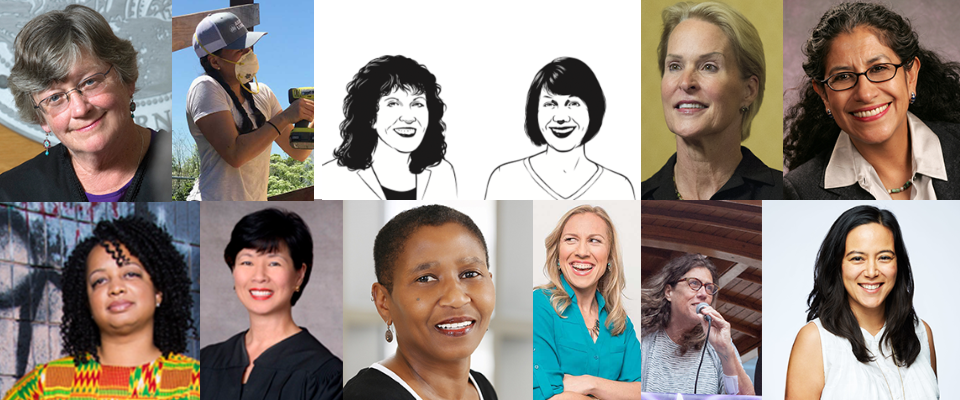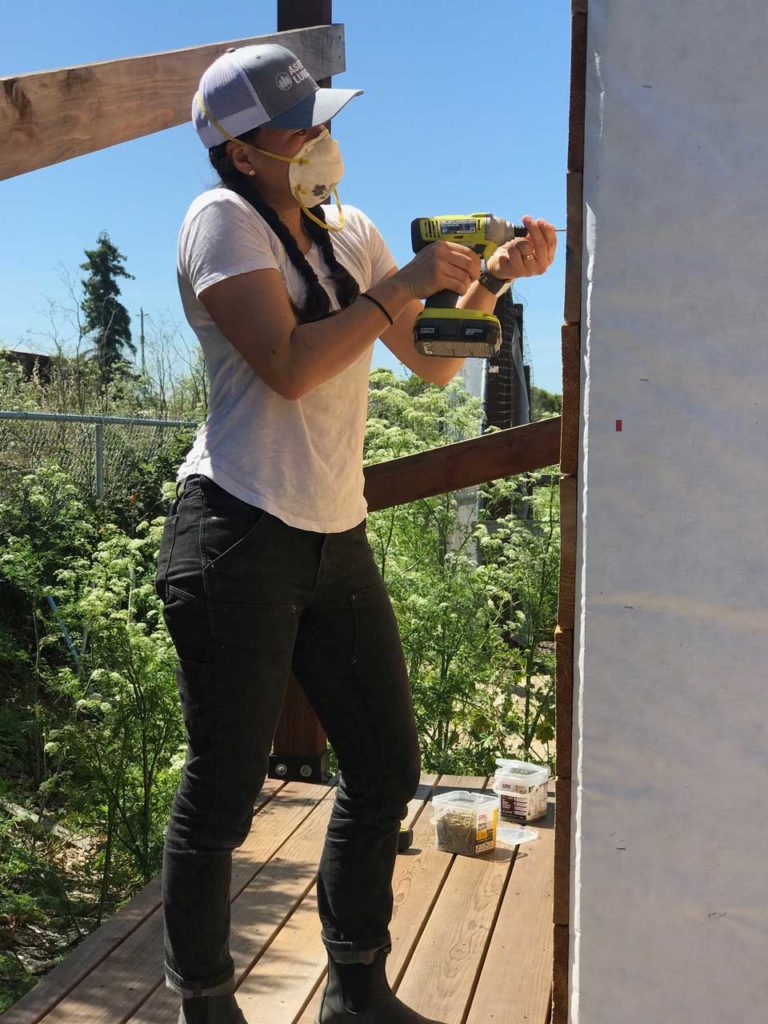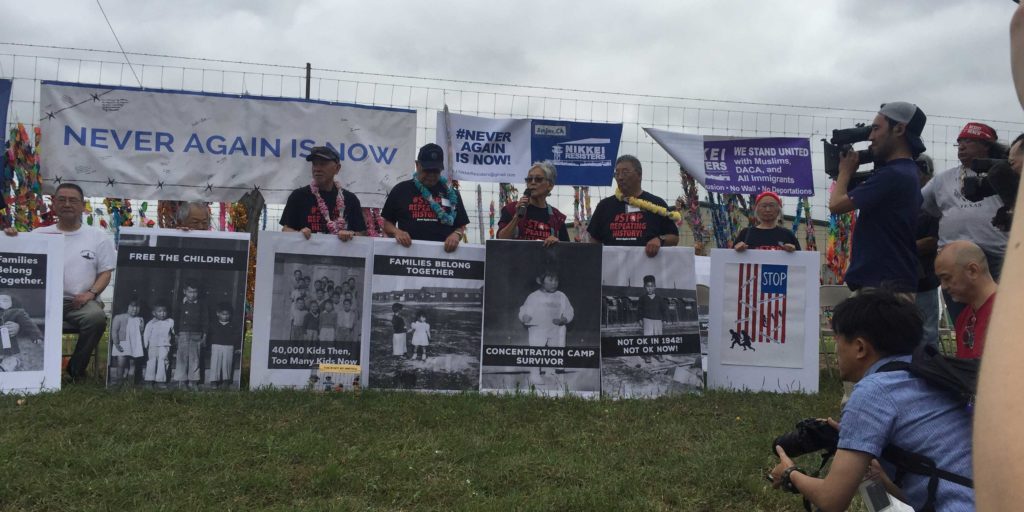People of Japanese descent have a long history in the Bay Area—long enough that many consider themselves as American as they are Japanese. Fourth-generation Japanese American Nina Ichikawa ’00 makes that same assertion. Her family has been in the US since the late 19th century when they settled in Richmond.
Ichikawa is an agriculture activist, the executive director of the Berkeley Food Institute, and part of the Japanese American Women Alumnae of UC Berkeley (JAWAUCB). Cal was one of the first UC campuses to admit Japanese students in the 1930s. Those students bought a clubhouse that became a dorm for those who could not find housing because of racial discrimination. Today, JAWAUCB works with the university to support Asian and Japanese American women on campus. “It was a great story because it symbolized how we turned adversity into mutual aid and helped the next generation of Japanese American women succeed at Cal.”
“It was a great story because it symbolized how we turned adversity into mutual aid and helped the next generation of Japanese American women succeed at Cal.”
Nina Ichikawa ’00
Ichikawa can trace her family’s history through changes in California agriculture. “They started a farming business in Richmond and raised five kids, the oldest of whom was my grandmother, Elsie Ogata,” who graduated from Cal in 1939 and was a JAWAUCB member. After settling in Contra Costa County, her family opened a flower shop. Then, World War II happened, uprooting her family.
After the war, Ichikawa’s family stayed in the Bay Area, but changes in government policy made it difficult for them to stay in business, which they did until 2017, when after 112 years, they closed the shop. “Conditions have changed a lot over the years for American farmers. For us, NAFTA was a big gamechanger,” she says. The domestic market was flooded with cheap flowers from South America, and farmers were encouraged to export high-value flowers instead of food crops. Having witnessed this change firsthand, she understands the current struggles of farm workers.

As a transfer student and interdisciplinary studies major, Ichikawa worked with REACH (Asian and Pacific Islander Recruitment and Retention Center) to recruit underrepresented students to Cal and promote diversity on campus. In her classes, she examined the legacy of Asian American farmers after the war. “I just started to look around and became very concerned about how inequality expresses itself in food and farming.” Almost everything we need in life comes from agriculture: clothes, wood, and most notably, food production. However, this does not register when we have our coffee or go out for dinner. At the Berkeley Food Institute, Ichikawa connects the dots between agriculture and life: “Without agriculture, you have no Michelin star restaurants, just like without cotton fields, you have no Milan Fashion Week.”
In working to raise awareness of the food system, she seeks to democratize it. Under the Obama administration, she worked on the USDA’s Know Your Farmer, Know Your Food, an initiative that rebuilds local and regional systems. “Our food system has become very consolidated and multinational over the past few decades, and that created certain vulnerabilities.”
Although there is a lot of work to be done, Ichikawa is grateful that journalists are calling out violations at farms and that in the midst of a pandemic, people want to know more about their food: “People have gotten very excited about farmers markets because of the ability to talk to farmers and have a visceral experience.”
CONNECT WITH THE JAPANESE AMERICAN WOMEN ALUMNAE OF UC BERKELEY (JAWAUCB).
For more information, visit jawaucb.org.
Above image courtesy of Nina Ichikawa.




















